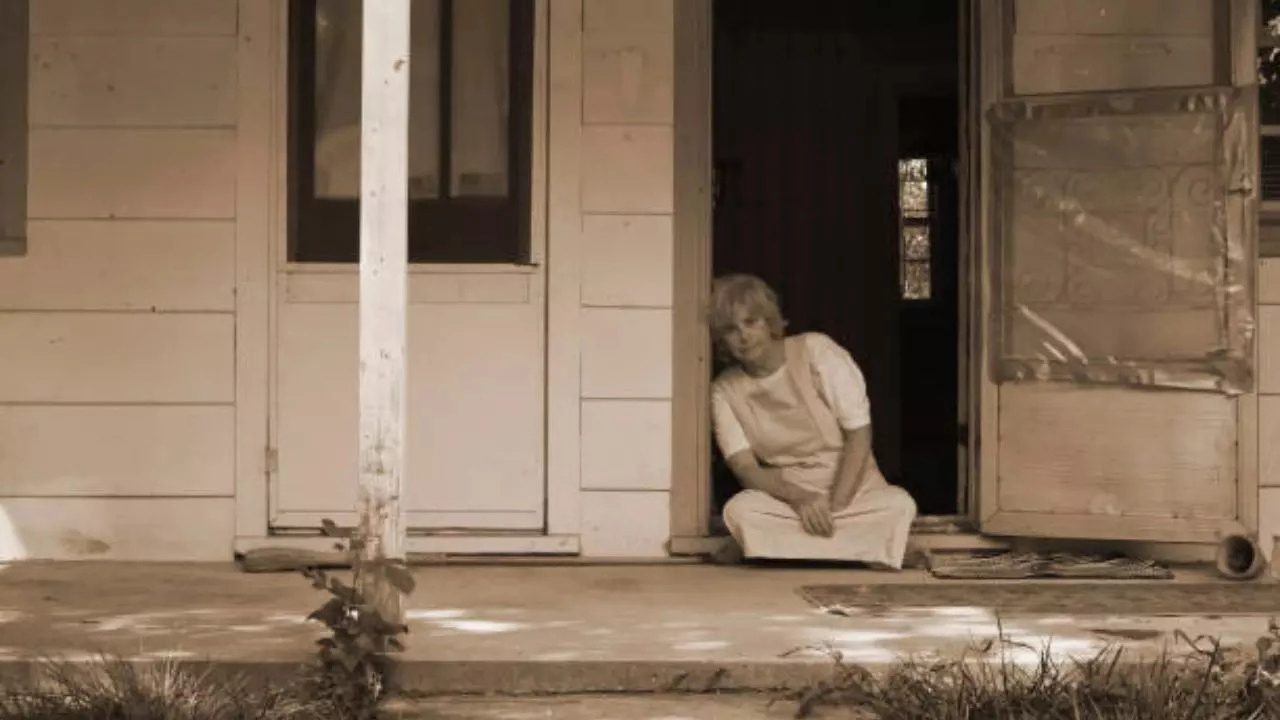Ashima Sharda Mahindra • 16 Sep 2024
Over 5 Million Americans Could Benefit If Psilocybin Is Approved for Depression, Finds Study

Psilocybin has been shunned for decades as an illicit drug, however, in recent years, it has undergone a kind of rebirth in recent years
A new study has estimated more than five million Americans could reap benefits if the Food and Drug Administration approved psilocybin as a treatment for depression. Psilocybin is a psychoplastogen, which refers to a compound capable of promoting rapid and sustained neuroplasticity.
Also known as magic mushroom psychedelic, psilocybin has shown promise as therapies for treatment-resistant depression and post-traumatic stress disorder. According to researchers, the drug works by encouraging the growth of new connections between neurons in the brain. “While our analysis is a crucial first step, we've only scratched the surface in understanding the true public health impact psilocybin therapy may have,” Dr. Charles Raison, study co-author, conducted jointly by the University of Wisconsin, in Madison and Emory University's medical school in Atlanta.
Psilocybin has been shunned for decades as an illicit drug, however, in recent years, it has undergone a kind of rebirth in recent years. Studies say being given in a controlled, supervised manner can help ease tough-to-treat depression. The drug is now under consideration by the FDA as a possible new treatment.
How can psilocybin help treat depression?
According to the National Institutes of Health, various previous studies have found that psychedelic drugs encourage plasticity by binding to a cellular receptor in neurons called the 5-hydroxytryptamine 2A receptor or 5-HT2AR. However other compounds that bind to 5-HT2AR do not promote plasticity, which include serotonin.
How does the latest study promise to benefit Americans?
For the study, published in the journal Psychedelics, Raison, and colleagues looked at national data on the prevalence of depression, along with patient criteria – which was sourced from recent clinical trials - that might make a person eligible for psilocybin therapy. The study results in the mid-range of estimates, anywhere from 56-62 per cent of Americans or 5.1-5.6 million currently being treated for depression could be eligible to try psilocybin.
Experts say the number could even grow higher if people currently untreated for their depression decide they would like to try psilocybin. “This underscores the importance of understanding the practical realities of rolling out this novel treatment on a large scale," said study lead author Dr. Syed Fayzan Rab, from Emory University's medical school in Atlanta.
His team noted that many of the people who might be eligible for psilocybin therapy could also have substance abuse issues. The treatment is increasingly being viewed as beneficial for this type of patient, according to the study authors.
The exact number of people who might turn to psilocybin for help would also depend on conditions set by the FDA regarding who should and should not use the drug. The extent to which insurance would cover the costs of psilocybin therapy, as well as the availability of people trained to safely administer it, would also come into play.
"Ultimately, the realizable potential of this treatment rests in the hands of regulatory bodies, policymakers, insurers, and the healthcare community at large," Raison said in a journal news release. "It's our hope that these findings spur productive discussions and proactive preparations to optimize the benefit to patients while minimizing unintended consequences."
Get Latest News Live on Times Now along with Breaking News and Top Headlines from Mental Health, Health and around the world.